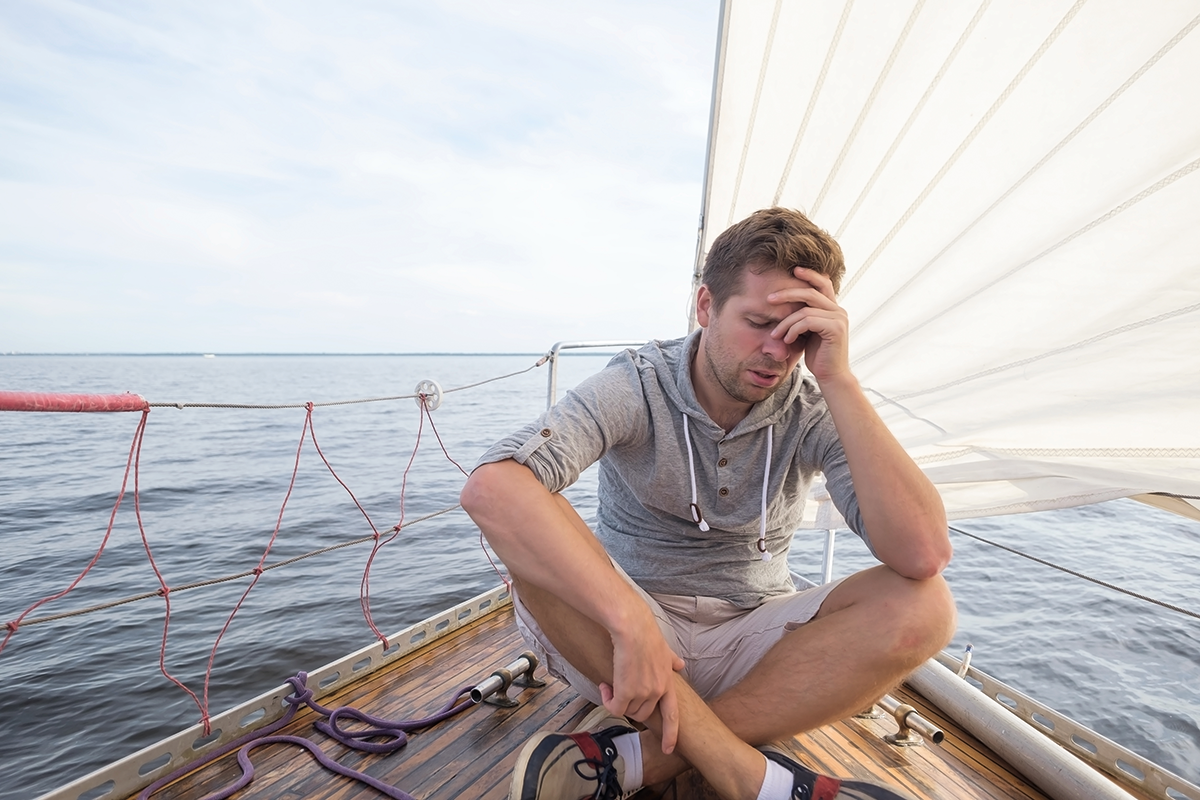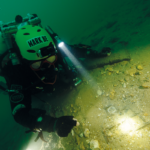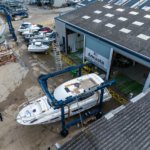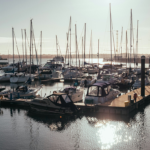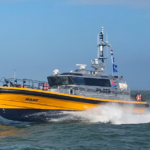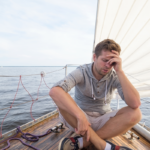It is estimated that a staggering one in three people can be considered highly susceptible to motion sickness, which can be triggered when travelling – with seasickness being a common culprit. For sufferers, this can result in an enjoyable or even once-in-a-lifetime travel experience being derailed by suddenly feeling unwell.
Ferry travel expert Ante Dagelic CEO of GetByFerry, has shared expert advice for those prone to seasickness, especially during ferry travel. By taking these few proactive steps, you may significantly reduce the chances of discomfort and keep your journey smooth.
Eat light and plain foods before and during travel: Seasickness can strike anyone, even if you are not usually prone to motion sickness, as the unpredictability of the sea can sometimes catch you off guard. To minimise the risk, avoid heavy, greasy or spicy foods before and during your journey, as these can worsen nausea. Instead, opt for small, light meals such as salads or grilled meat and rice for easier digestion.
If you do find yourself beginning to feel nauseous, eating foods such as dry crackers, plain bread or pretzels can help to reduce sickness as starchy food can help settle a queasy stomach. However, if you find these unappetising when feeling unwell, bananas can have similar effects and help combat nausea. They may provide a soothing effect and help balance stomach acidity. While fresh, high-fibre fruit and vegetables like apples, pears and carrots can help to make you feel better too.
Tips to try if you find yourself feeling unwell: One effective way to combat seasickness is to focus on the horizon. This helps your brain reconcile the difference between what your eyes see and what your inner ear senses – an imbalance that often triggers nausea. Keeping your gaze on a stable point allows you to find stability in the motion.
Ultimately, it is important to be present to let your brain engage your surroundings. To aid this, avoiding looking at your phone, screens or reading will help deter the risk of feeling sick when on a boat. It is advisable that even binoculars or cameras be used only for a minimal time so that you can fully take in your environment.
If you begin to feel the effects of seasickness, one of the best perks of ferry travel is the opportunity to enjoy fresh air, and for those who begin to feel unwell, spending time on deck or by an open window can help alleviate feelings of nausea. Fresh air is a simple yet effective remedy that is not always available in other modes of transport, such as planes or trains.
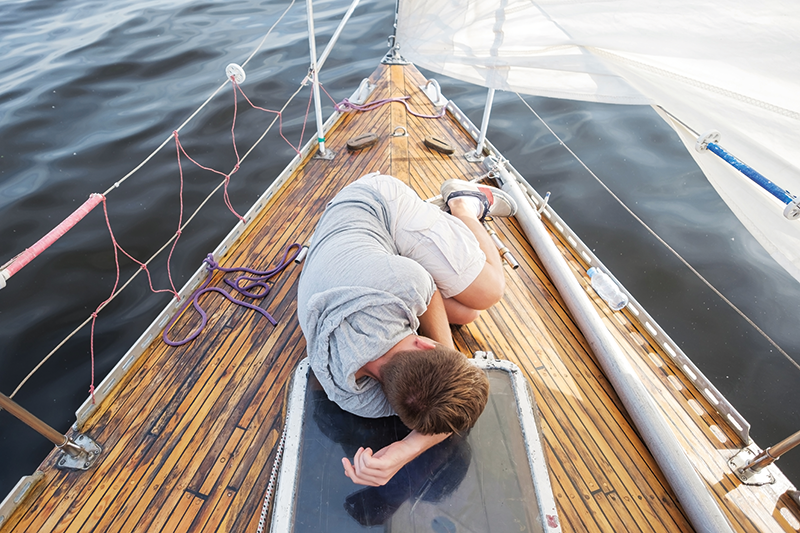
Try ginger or peppermint for an herbal remedy: Ginger is a common natural aid in alleviating seasickness and is easy to incorporate into your travel routine. For example, ginger biscuits provide a convenient option that is easy to pack in anticipation of a trip. However, other options include adding a small amount of ginger powder to your water before heading off or taking a flask of ginger tea, just in case.
Similarly, peppermint tea, which can be bought in supermarkets for as little as 95p, could help provide relief for those suffering. Peppermint’s relaxing effects on the body are thought to relax the gastric muscles and help calm the stomach.
Clear your mind or get distracted – find what works best for you: Finding methods of minimising discomfort when experiencing seasickness will differ from person to person, and it is important to find what works for you. Some people find that relaxation techniques, such as deep breathing or meditation, can ease the mind and reduce nausea. Others might prefer to distract themselves by engaging in conversation or listening to music. Discovering your best coping technique before your journey may make all the difference and help you enjoy your travels.
Keep hydrated: Dehydration can worsen nausea, and if you have unfortunately been sick, you will need to recuperate the lost fluid. Therefore, frequently sipping water is key, but drinking too much too fast can have the opposite effect on nausea, so ensure to take your time.
However, to ensure you stay hydrated, you must also be mindful of your fluid intake; avoid alcohol and caffeine before and during travel if you are worried you will suffer from seasickness. Both can dehydrate you and make you more susceptible to nausea.
Plan ahead: If you can, try to plan your travel for a day when the sea is expected to be calm by checking the weather forecast for mild conditions. However, it is not always possible to choose your travel day, and the weather can change unexpectedly. To help on the day of your trip, if you get a chance to choose where you sit on a ferry, try to sit in the middle. This is where movement can feel less intense, compared to the front or back, where the vessel tends to feel more motion and those susceptible to seasickness may struggle most. Taking some time to prepare before your trip can help you stay in control and prevent seasickness from disrupting your travels.








